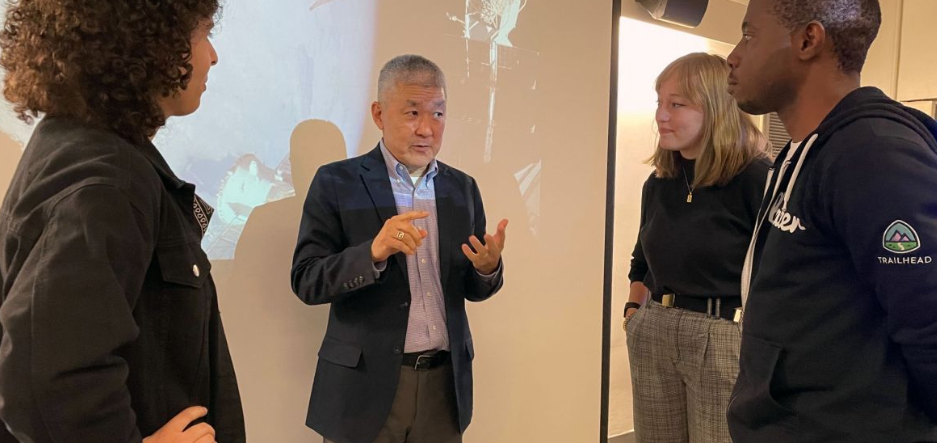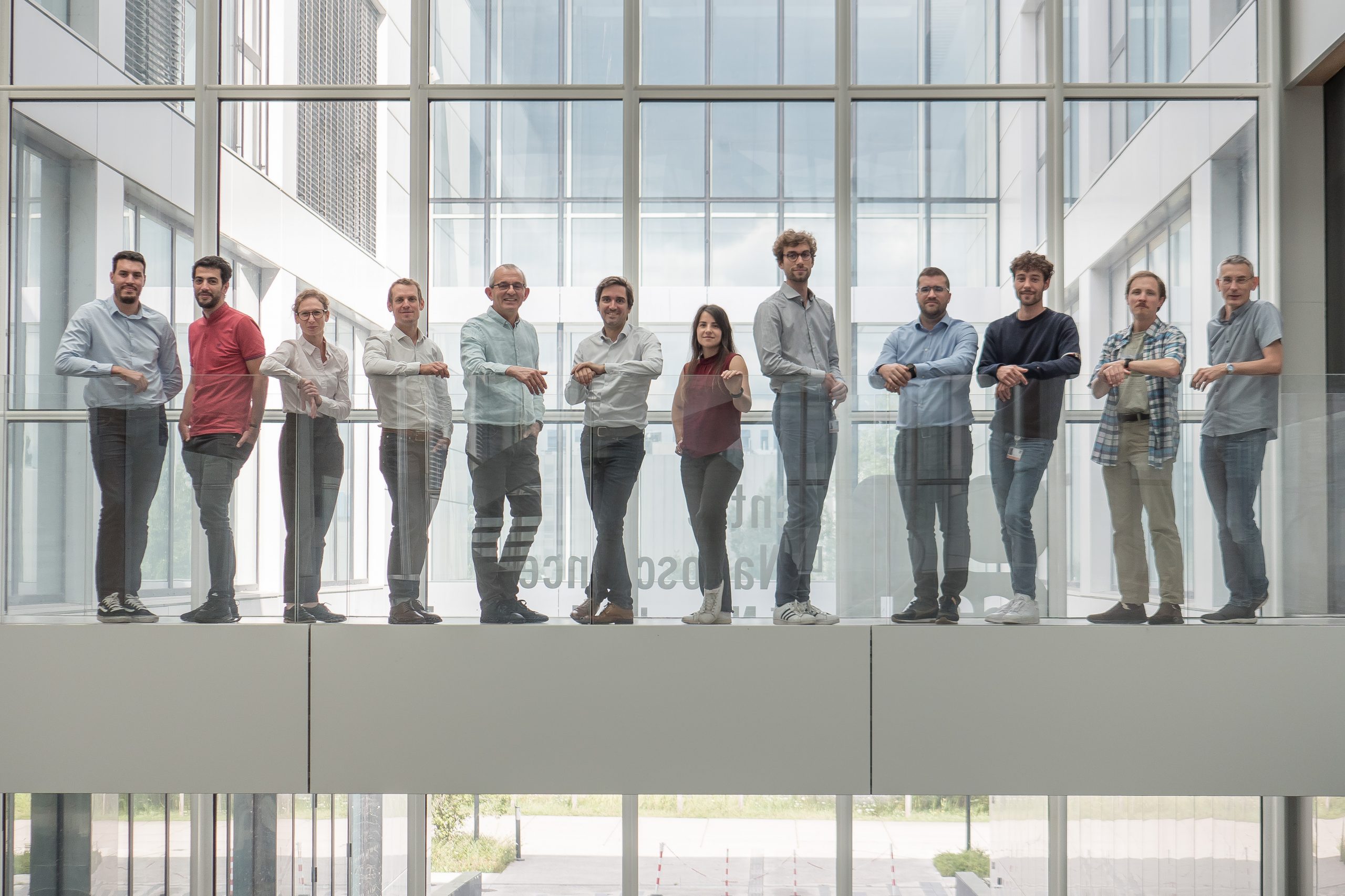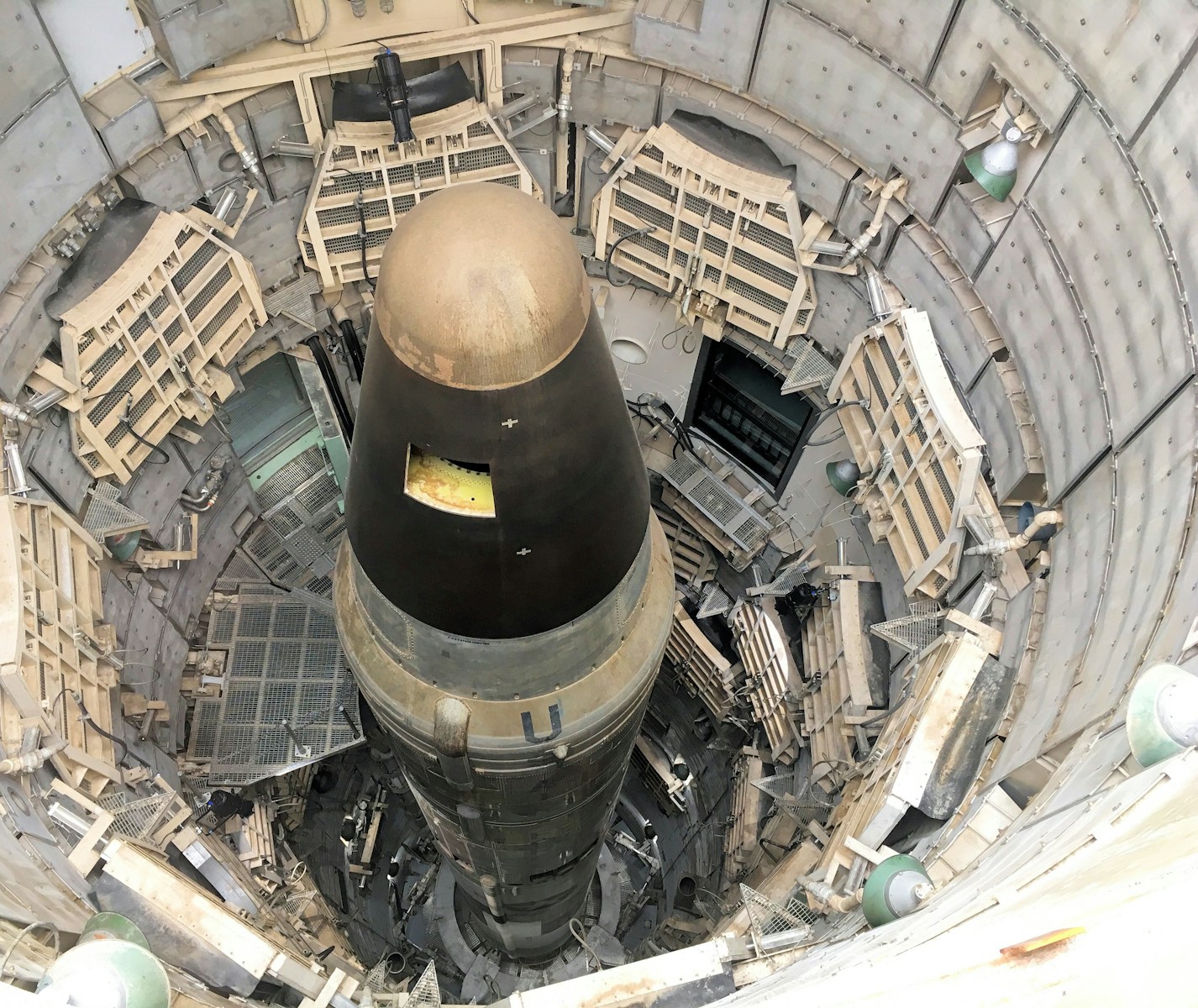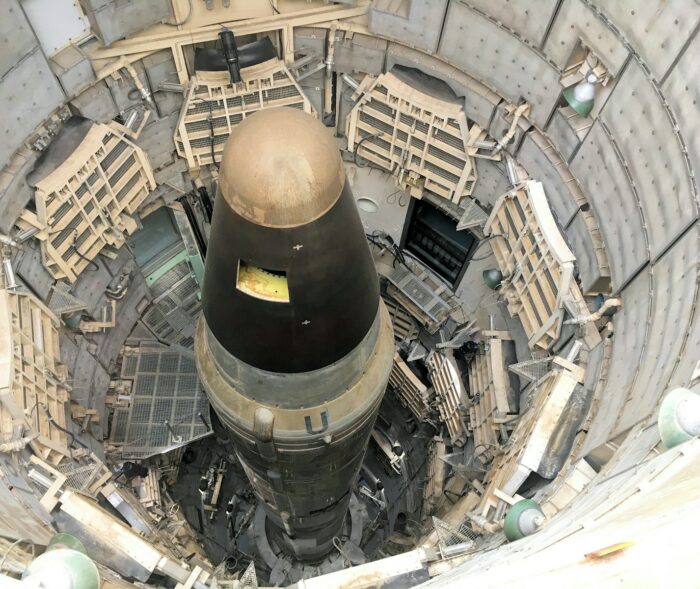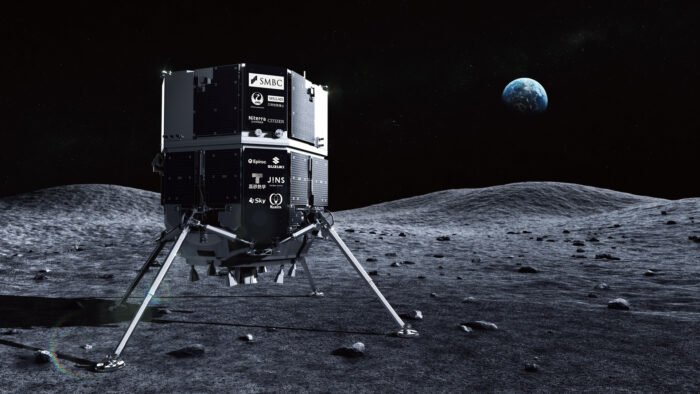Daniel Tani’s story is a fascinating journey from a childhood fascination with model rockets to becoming a seasoned astronaut with NASA. His passion for engineering and space exploration was ignited early on, as he would dedicate his newspaper delivery earnings to purchasing and assembling model rockets.
The magic of launching those rockets left a lasting impression on Tani, a sentiment he expressed during a talk with students in Professor Giovanni Zanalda’s space economics class at Duke University. Zanalda, a professor with numerous roles including co-chair of the Space Diplomacy Lab and director of the Rethinking Diplomacy Program, facilitated the engaging discussion.
Power of the Thumb
“I was enthralled by the magic of the power of my thumb, making something go so fast and so high,” Tani told students of Zanalda’s space economics class. “We were astronaut crazy in the 1960s. I never thought it would be a reality.”
Tani’s childhood obsession with astronauts never faded, but it wasn’t until his mid-20s, while working in the aerospace industry, that he had a chance encounter with an astronaut. This meeting rekindled his childhood dream, prompting him to pursue a career in space exploration. He shared insights from this pivotal moment with the students, noting the significant impact it had on his career trajectory.
“It lit the lightbulb in my head to think maybe there was a path for me,” he said.
His efforts paid off when he was accepted into NASA’s space program in 1996, marking the beginning of a 16-year tenure with the agency. Tani’s impressive career includes participating in two space missions, spending 120 days aboard the International Space Station, and completing six spacewalks.
Now serving as the director of business development operations for human exploration operations at Northrop Grumman, Tani took the opportunity to recount memorable experiences from his time in space, providing students with a unique glimpse into life as an astronaut. He shared amusing anecdotes about adjusting to Earth’s gravity after time in space, and he described the daunting yet thrilling experience of conducting spacewalks.
Inability to Drive
“There was lots of walking into walls, very entertaining for your kids. I couldn’t drive until a week after I got back. I could navigate a left turn but no right turns,” responded Tani to one student’s question on the experience of returning to Earth after spending time in zero gravity.
When asked about his experience with space walks, Tani answered honestly: “It’s so scary you are going to go out to the vacuum of space. You know it’s just you and your buddy, but there are 100 people at NASA watching you, you are so consumed with getting the right bolt in the right place.”
Tani also took a moment to reflect on the evolution of human space flight, tracing its history from the launch of Sputnik 1 in 1957 to the contemporary era dominated by private space companies like SpaceX. He expressed his disappointment at the stagnation in government funding and enthusiasm for space travel, highlighting the challenges NASA faces with its limited budget.
“I would have hoped that we would see some sort of exponential kind of growth in the number of people that we can put into space,” said Tani, though added that though celebrities taking part in space flights certainly creates inspiration and excitement, one must think of the viability of a long-term business strategy in such scenarios and a rapid decline of interest and support after an adverse incident.
Potential
Despite these challenges, Tani sees potential in the private sector’s role in advancing space exploration. He expressed optimism about smaller space companies, praising their agility and willingness to take on risks.
“I am optimistic about small space companies, that can be agile, raise their own capital and take on risks that bigger companies aren’t willing to do,” said Tani. “The innovation happens at the small company level.”
With NASA planning to retire the International Space Station by 2030, Tani acknowledged the impending “growing pains” as the industry transitions to a greater reliance on private innovation. He posed thoughtful questions about the responsibilities of commercial space stations, underlining the complexity of navigating this new frontier in space exploration.
SOURCE: ‘Former Astronaut Discusses Space Travel and Its Future With Students.’ Duke Today
Featured image: Daniel Tani. Credit: Duke Today / Duke University
Share this article:

